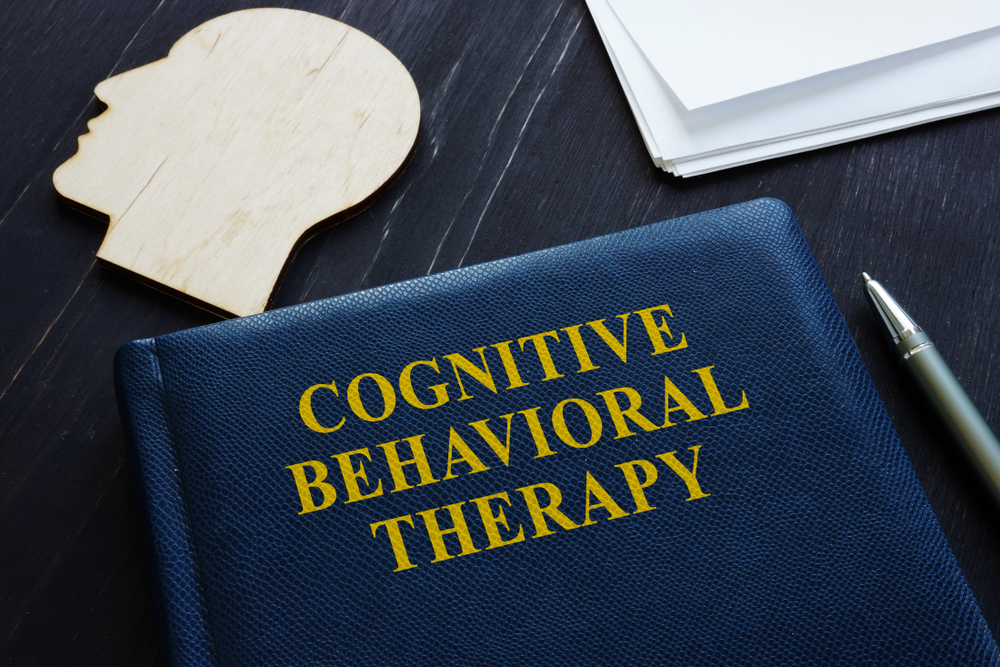The National Alliance on Mental Illness reports that approximately 44 million Americans experience some form of mental illness in any given year, but only about half of them receive treatment.
Mental health counselors are licensed professionals who, as explained by Healthline, “treat the cognitive, behavioral, and emotional aspects of mental health and substance use conditions.
They work with individuals, families, couples, and groups in a variety of settings.” According to Psychology Today, there are over sixty-five distinct therapeutic modalities currently offered in the mental health field. Huffington Post identifies the following mental health cousnesling interventions as the most popular types of psychotherapy.
Cognitive Behavioral Therapy (CBT)
Cognitive behavioral therapy (CBT) works by addressing one’s thoughts. In the 1960s, a psychiatrist, Aaron Beck, invented cognitive behavioral therapy. CBT is based off the idea that one’s thoughts govern one’s feelings, which in turn affect one’s behaviors. It focuses on challenging and changing unhelpful cognitive distortions and behaviors, improving emotional regulation, and developing personal coping strategies to problem solve effectively. Through short-term goals, cognitive behavioral therapy will help a person shift his or her thoughts to change his or her feelings, resulting in healthier patterns of behavior. CBT is typically done one on one and/ or in a group setting.
Dialectical Behavior Therapy (DBT)
Dialectical behavior therapy (DBT) is an evidenced-based, multifaceted, rigidly structured psychotherapy approach. It is a type of cognitive behavioral therapy that places greater emphasis on the psychosocial aspect of therapy. Marsha M. Linehan initially developed it in the 1980s, to help treat chronically suicidal people diagnosed with borderline personality disorder (BPD). Since its inception, dialectical behavior therapy has been and remains the gold standard method of treatment for individuals diagnosed with BPD and has also proven effective in treating individuals with other mental health conditions.
Interpersonal Psychotherapy (IPT)
Interpersonal therapy (IPT) was developed by Gerald Klerman and Myrna Weissman in the 1970s. IPT is a therapeutic modality that is most often used to treat individuals who suffer from anxiety disorders, eating disorders, depression, as well as other psychiatric disorders, including substance use disorder. Interpersonal therapy focuses on how a person’s communications and interactions with other people affect his or her own mental health. Through interpersonal therapy an individual will learn to resolve and adjust unhealthy interpersonal problems, resulting in a symptomatic recovery.
Eye Movement Desensitization and Reprocessing Therapy (EMDR)
This therapeutic method is based on the notion that physiological symptoms occur because of trauma or challenging experiences overwhelming the brain’s natural ability to heal. Psychologist Francine Shapiro developed Eye Movement Desensitization and Reprocessing (EMDR) therapy in 1987. According to the EMDR Research Foundation, “EMDR is an integrative psychotherapy approach that has been extensively researched and proven effective for the treatment of trauma. EMDR therapy includes a set of standardized protocols that incorporate elements from many different treatment approaches. To date, EMDR has helped millions of people of all ages relieve many types of psychological stress.”
Further Information and Support
For most of us, life can be very stressful, leading us to feel emotionally charged, which can cause anxiety, panic attacks, depression, and getting stuck in a cycle of being burdened with negative thoughts. Navigating through the challenges and emotional turmoil of life can be overwhelming, but you do not have to go through it alone. Engage Treatment is a Joint Commission Accredited professional psychological practice. We specialize in treating children, teens, and young adults struggling with depression and anxiety through community-focused treatment plans that incorporate a carefully selected combination of therapeutic interventions. Our compassionate, multidisciplinary practitioners are devoted to providing the highest quality of care that helps ignite positive change and enables clients to reach optimal health and well-being. Please do not hesitate to reach out for guidance. We are happy to answer questions and provide you with any additional information. Feel free to call us at 805-497-0605 or email us at [email protected]. You are also welcomed to get in touch by filling out our contact form. We look forward to connecting and having the opportunity to discuss how we might best be able to support you.
Contact Us
Westlake Campus:
IOP Program
2625 Townsgate Road, Suite 210
Westlake Village, California 91361
Agoura Campus:
Private Therapy & Parenting Program
30300 Agoura Road, Suite 250
Agoura Hills, CA 91301
805-497-0605
805-371-4862











© 2023 Engage Treatment Program, Inc. All Rights Reserved.
LGBTQ Friendly
About
• About Engage
• Our Team
• Career Opportunities
• Individual / Family Therapy






